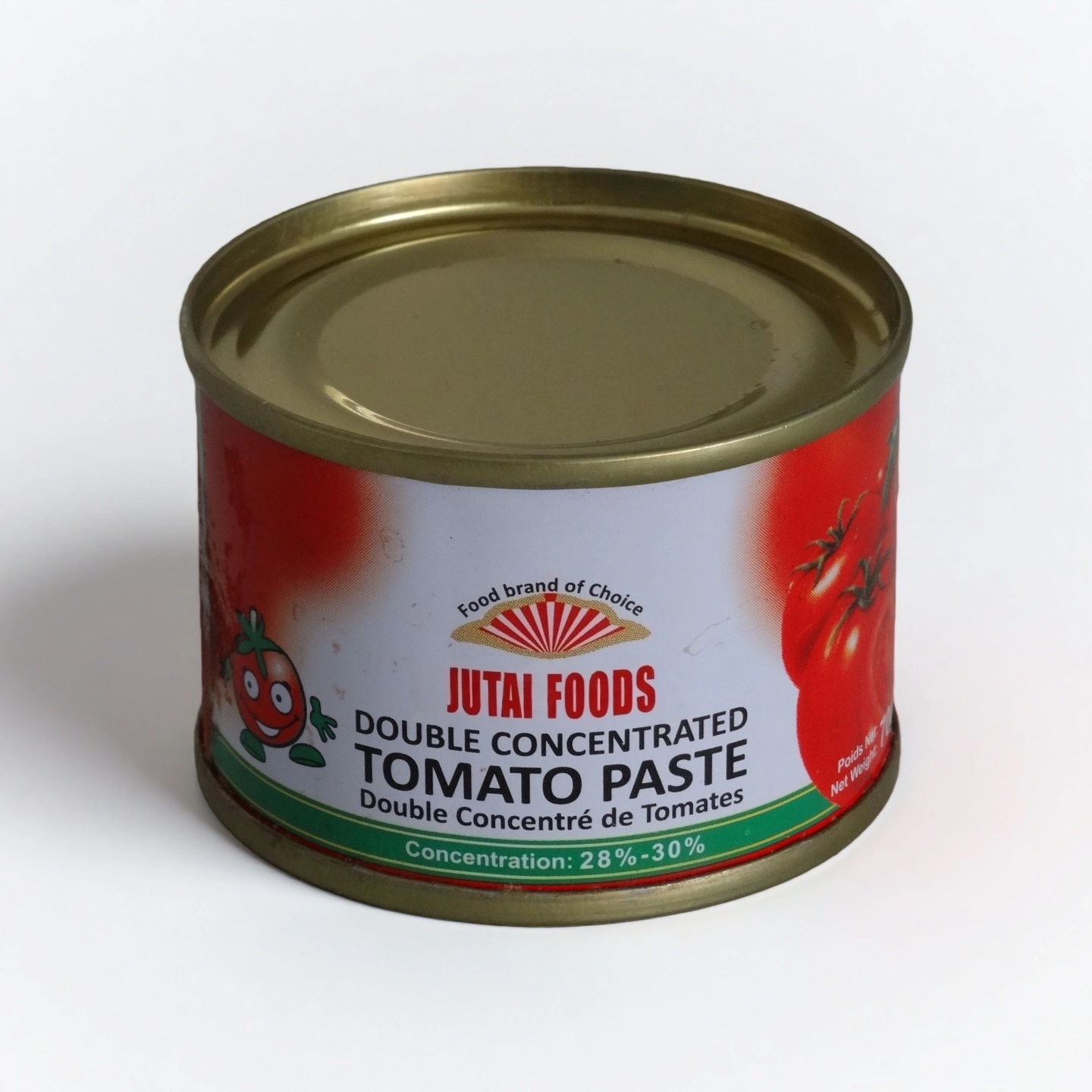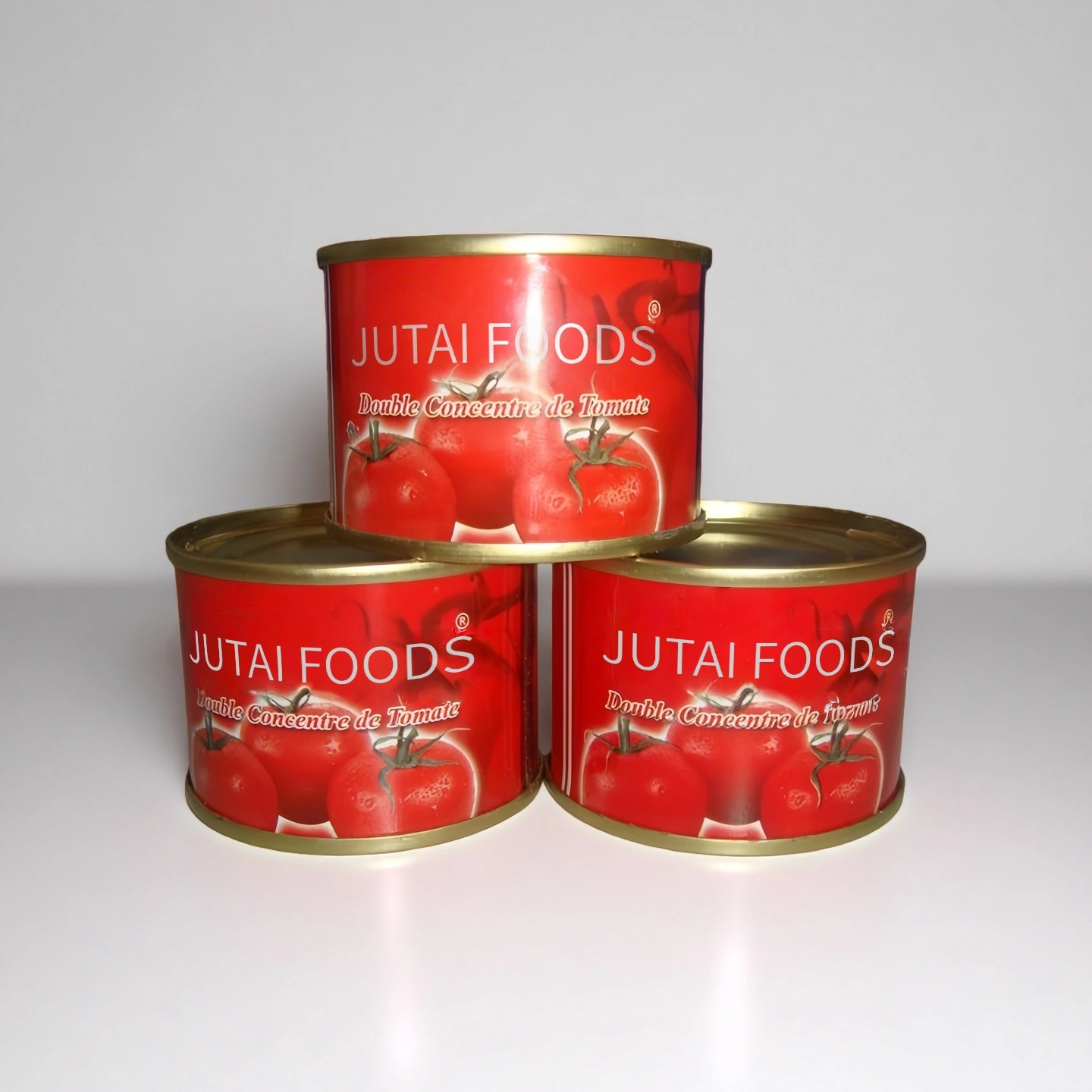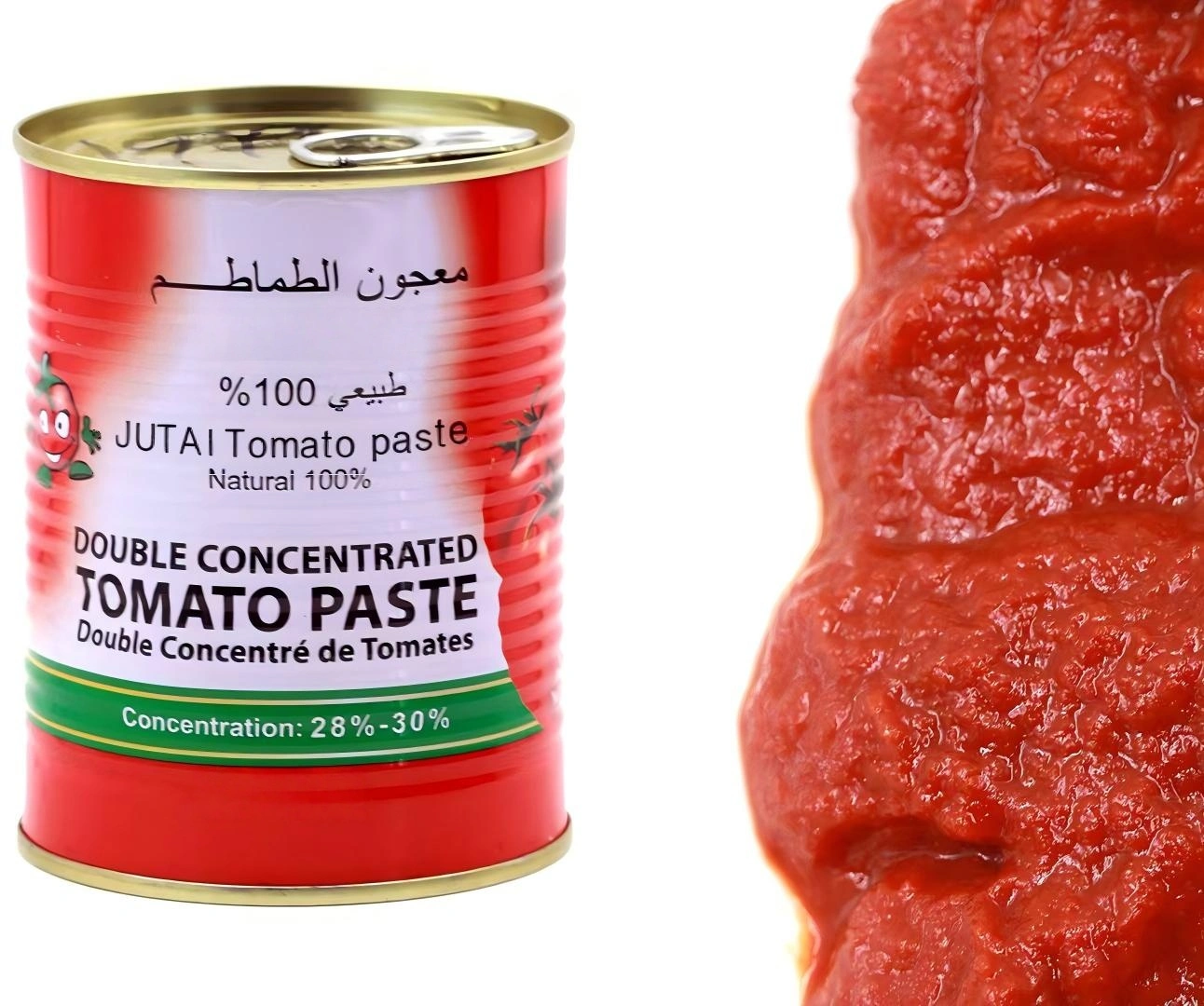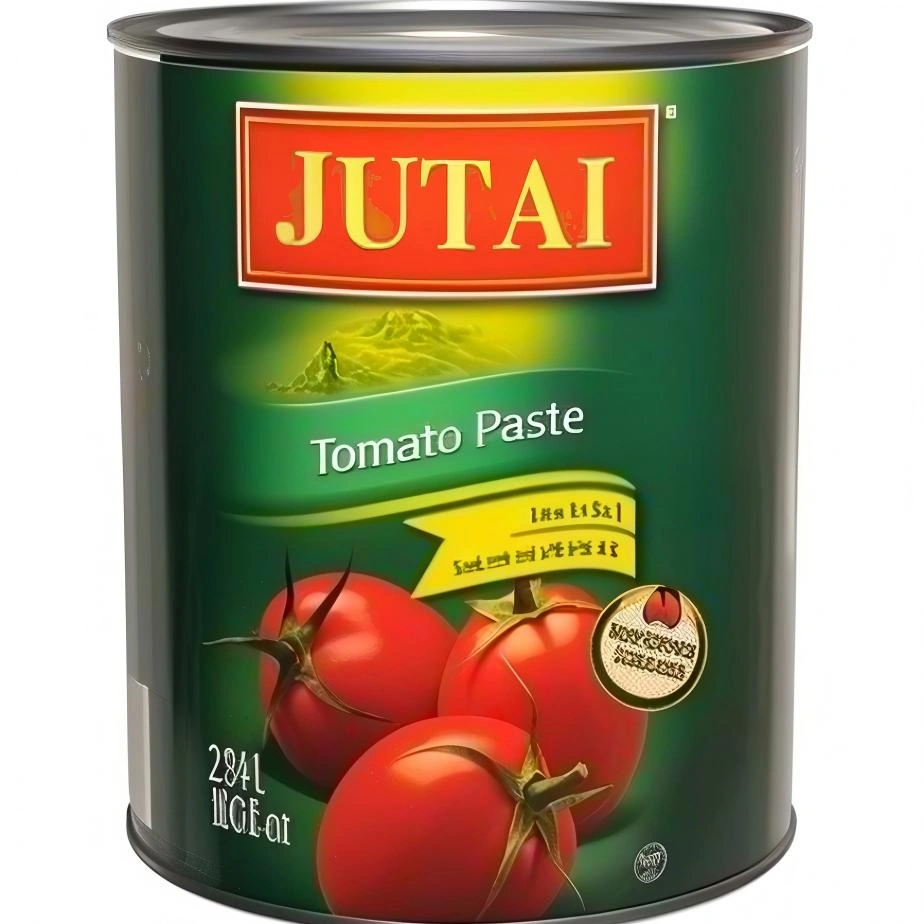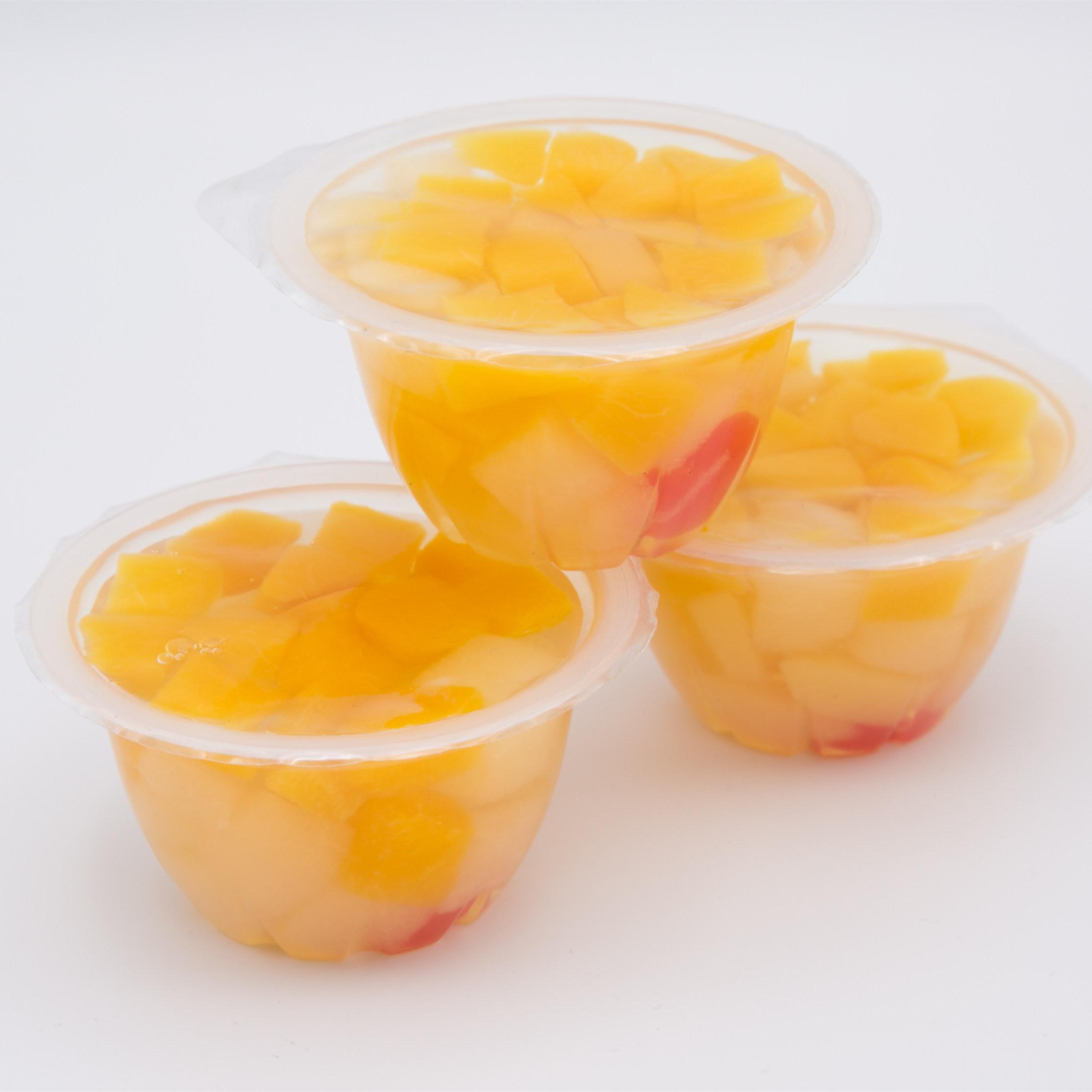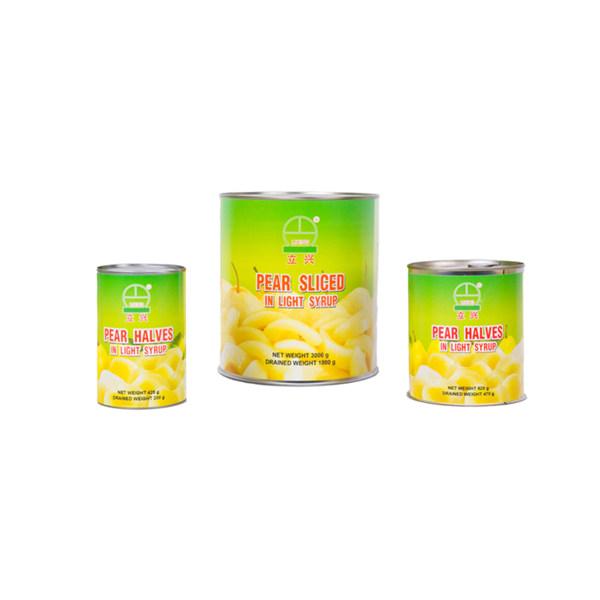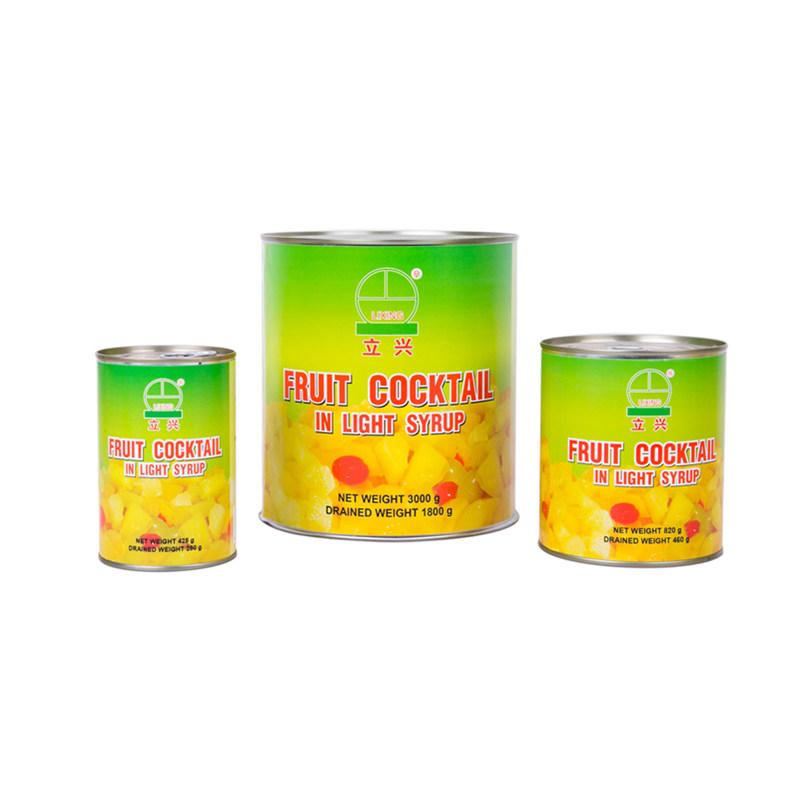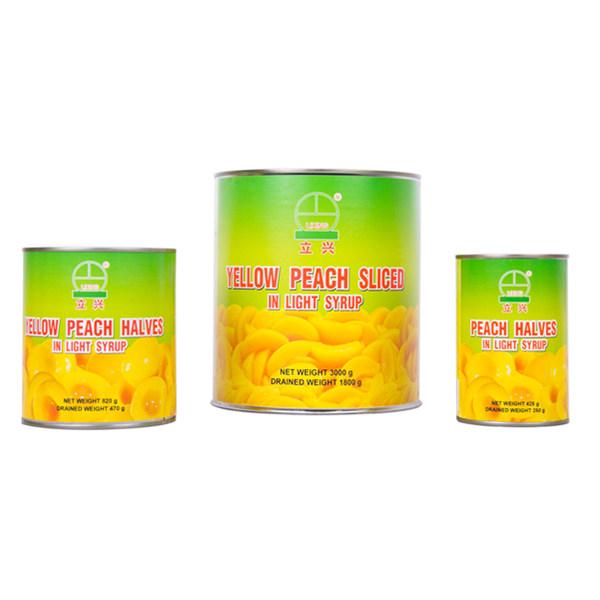Canned Mushroom Price: A Complete Analysis
The global canned mushroom market is valued at over $9 billion and projected to grow steadily through 2030. Prices range from $1,200 to $3,800 per ton, depending on region and trade dynamics. This article explores market data, factors shaping prices, and how Jutai Foods Group Limited ensures competitive, high-quality supply with certified production and flexible OEM services.
Introduction
The canned mushroom market has become a vital segment of the global canned food industry. Mushrooms, prized for their nutritional profile, taste, and versatility, are widely consumed in households, restaurants, and food processing industries. While fresh mushrooms have a limited shelf life, canned mushrooms extend usability, making them attractive for importers, retailers, and end consumers worldwide.
But the key question for buyers and traders is: what drives canned mushroom prices, and how can businesses ensure competitive sourcing? This article provides an in-depth analysis of canned mushroom price trends, examining market size, regional dynamics, influencing factors, and long-term projections. It also highlights how Jutai Foods Group Limited, based in Qingdao, China, leverages cost advantages, quality certifications, and flexible services to help customers stay competitive in this evolving market.
Global Market Overview of Canned Mushrooms
According to industry reports, the canned mushroom market continues to expand steadily, supported by demand for convenient, healthy food products.
| Source | Year | Global Market Value (USD) | Forecast CAGR |
|---|---|---|---|
| Grand View Research | 2023 | $9.09 billion | 5.8% (2024–2030) |
| DataBridge Research | 2024 | $9.93 billion | 2.46% (2025–2032) |
| Market.us | 2024 | $9.9 billion | 4.7% (2025–2034) |
While growth rates differ slightly depending on methodology, the consensus is clear: the market is set for continuous expansion over the next decade. Rising consumer preference for ready-to-eat vegetables, combined with globalization of cuisines, strengthens canned mushroom demand across regions.
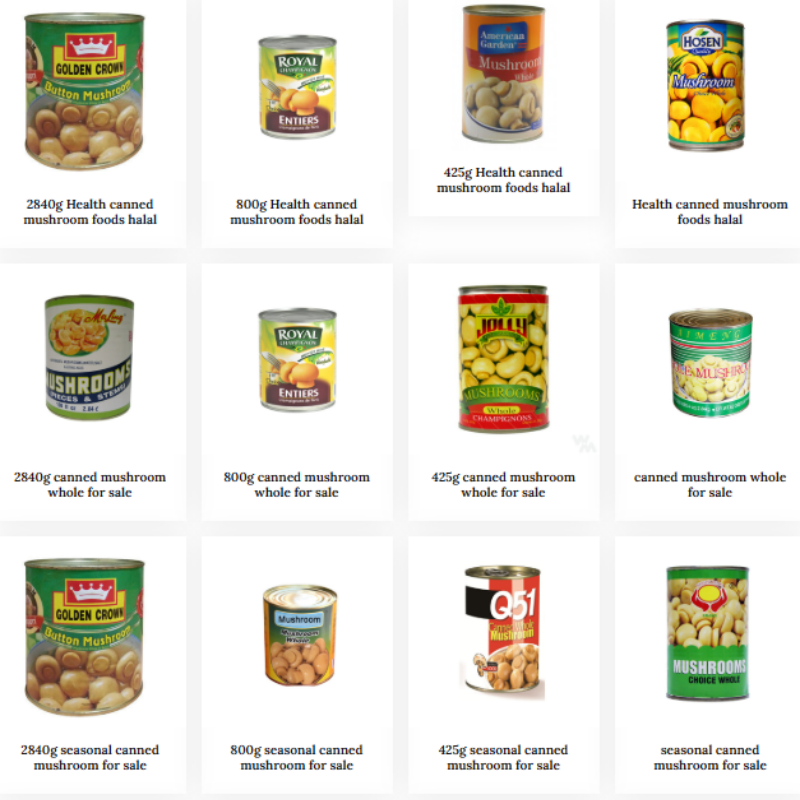
Jutai provides various types of canned mushrooms and supports customization. Please feel free to leave a message to Jutai at any time.
Price Trends in the Global Market
Global Export/Import Price Ranges
Analysis of canned straw mushrooms, a key product category, highlights global price variations:
2023: $0.94–$2.36 per kg
2024: $1.25–$1.83 per kg
This shows a narrowing range and stabilization of prices, suggesting improved supply chain balance.
U.S. Market Trends (Import & Export Prices)
The United States is both a major importer and exporter of canned mushrooms. Price movements here reflect broader global patterns.
| Year/Month | Import Price (USD/ton) | Export Price (USD/ton) | Notes |
|---|---|---|---|
| Jan 2024 | 3,881 | 4,159 | Peak import/export prices |
| Aug 2024 | 3,491 | 3,571 | Import +4.5% MoM; Export +24% MoM |
| 2022 Avg | 3,240 | 2,810 | Import > Export, +17% YoY import |
Export prices varied significantly by destination. For example:
To Mexico: $6,557 per ton
To Saint Maarten: $2,120 per ton
This highlights the impact of regional demand and purchasing power on pricing structures.
Summary Table of Price Ranges
| Category | Price Range (USD/ton) |
|---|---|
| Global canned straw mushroom | $940–$2,360 (2023), $1,250–$1,830 (2024) |
| U.S. imports (2024) | $3,491 avg; up to $3,881 |
| U.S. exports (2024) | $3,571 avg; up to $4,159 |
| Destination variance | $2,120–$6,557 per ton |
Regional Price Analysis
Europe
Europe is one of the largest markets for canned mushrooms, with Germany, France, the Netherlands, and the UK leading consumption. Due to strict EU quality standards, imports tend to be priced higher than in Asia. Polish exports to the U.S. have gained traction, benefiting from competitive costs compared to Western European producers.
Asia-Pacific
Asia remains a production hub, with China, India, and Vietnam being major suppliers. Prices here are generally lower, reflecting abundant raw material supply and lower labor costs. For instance, Chinese FOB prices typically range from $1,200–$1,800 per ton, giving exporters like Jutai Foods Group Limited an edge in global competitiveness.
North America
The U.S. market exhibits some of the highest import prices globally, averaging $3,200–$3,800 per ton, driven by logistics costs, tariffs, and reliance on European imports. This makes partnerships with cost-competitive Asian suppliers attractive.
Middle East & Africa
Demand is increasing, but markets remain price-sensitive. Bulk purchasing and OEM labeling are common strategies. Prices often align with the lower end of the global range (~$1,000–$1,500 per ton).
Factors Influencing Canned Mushroom Prices
Raw Material Supply
Seasonal fluctuations in mushroom cultivation directly affect canned product costs. Button mushrooms, which dominate the market (holding over 60% global share), tend to stabilize prices due to consistent production.Processing Costs
Canning involves sterilization, brining, and packaging. Rising energy and labor costs contribute to higher end prices.Logistics & Tariffs
International shipping rates, customs duties, and container shortages significantly influence final prices. Proximity to major ports, like Qingdao for Jutai Foods, reduces such overheads.Consumer Demand Trends
The growing popularity of plant-based diets and convenience foods fuels demand. As processed mushroom demand increases, price stability is reinforced.Currency Fluctuations
Prices in global trade are dollar-denominated, so exchange rate shifts can create price disparities across markets.
Long-Term Market Outlook
The market for canned mushrooms is expected to maintain steady growth.
| Year | Forecast Global Value (USD) | CAGR |
|---|---|---|
| 2025 | $10.1 billion | 4.2% |
| 2030 | $12.7 billion | 5.0% |
| 2034 | $15.9 billion | 4.7% |
Demand will be particularly strong in Asia-Pacific and North America, with Europe stabilizing due to mature markets. Emerging economies in Africa and the Middle East offer growth opportunities for cost-competitive exporters.
Jutai Foods Group Limited: Delivering Value Beyond Price
Located in Qingdao, China, Jutai Foods Group Limited is strategically positioned near one of the country’s busiest ports, ensuring low-cost export services and easy access for international buyers.
Key Strengths of Jutai Foods
Competitive Pricing: Thanks to integrated planting bases, R&D labs, and economies of scale, Jutai consistently offers prices below the global average of $3,000–$3,500 per ton in Western markets.
Quality Certifications: ISO22000, BRC, HACCP, U.S. FDA, and Kosher certifications guarantee compliance with stringent international standards.
Diverse Product Portfolio: Beyond canned mushrooms, Jutai produces canned fruits, vegetables, and fish, ensuring buyers can consolidate shipments.
Flexible Services: OEM branding, LCL (mixed container loads), and market analysis support customer growth strategies.
Global Reach: With exports to over 80 countries and regions, including the EU, U.S., Japan, Middle East, and Africa, Jutai is trusted worldwide.
Sustainable Growth Commitment: By investing in R&D and continuously improving its quality management system, Jutai balances affordability with long-term reliability.
Contact Jutai for wholesale prices on canned mushrooms.
Practical Advice for Buyers Monitoring Canned Mushroom Prices
Benchmark Regularly: Compare supplier quotes against published averages (e.g., $1,250–$3,500 per ton) to ensure fair pricing.
Diversify Suppliers: Avoid over-reliance on a single region—Asian suppliers like Jutai can help balance higher European costs.
Leverage OEM Opportunities: Brand differentiation through private labeling can justify higher resale margins.
Plan Ahead for Logistics: Locking in freight contracts or sourcing closer to ports (like Qingdao) helps minimize volatility.
Conclusion
The canned mushroom price remains subject to global supply chains, raw material costs, and regional market dynamics. Current prices typically fall between $1,200 and $3,800 per ton, depending on destination and supplier. With the market projected to surpass $12 billion by 2030, opportunities abound for buyers and importers.
Jutai Foods Group Limited stands out as a trusted partner, offering competitive pricing, certified quality, and flexible services. Backed by over 20,000 tons of annual sales and exports to more than 80 countries, Jutai helps customers secure not only the right price but also long-term stability in the canned mushroom supply chain.
